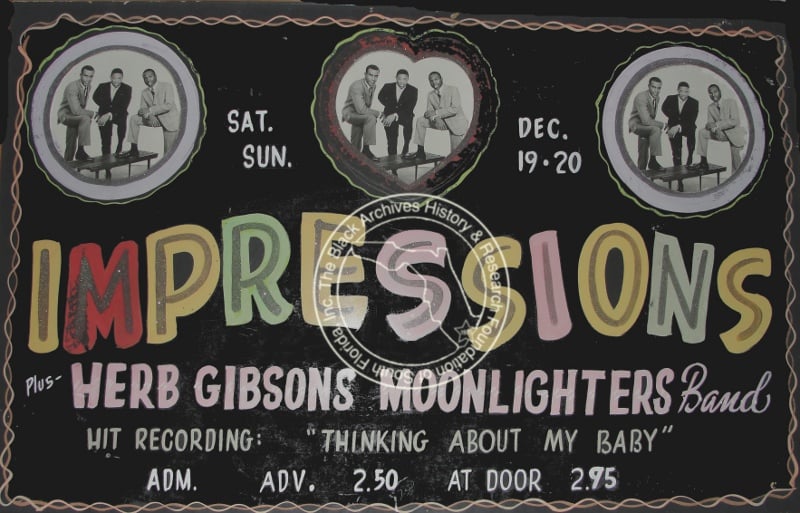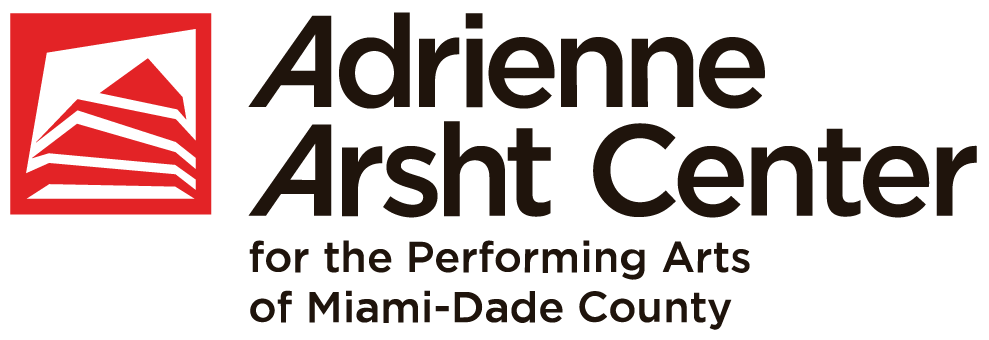
How Overtown became a musical mecca in the 20th century.
by Jake Cline
As Berry Gordy’s Motown Records was shaking up the world in the 1960s, Miami musicians were creating little earthquakes of their own. Artists such as Clarence Reid, Helene Smith and Arnold Albury no doubt were influenced by their counterparts in Detroit, but the music that flowed out of the city’s nightclubs and record stores could not have been made anywhere else.
Combining the sounds of the Bahamas, Cuba, the Southern United States and Florida’s flamboyant college marching bands, Miami soul was, if not as popular as the music of Motown, undeniably cosmopolitan. The center of this music scene, as recounted in the 2014 documentary Deep City: The Birth of the Miami Sound, was the Overtown neighborhood, where musicians Willie Clarke and Johnny Pearsall founded the independent Deep City Records in 1963, four years after Gordy established Motown.
Overtown’s reputation as a musical hotbed began far earlier, says Kamila E. Pritchett, executive director of the Black Archives History and Research Foundation of South Florida. From roughly the late 1930s to the late 1950s, Overtown, Pritchett says, was “the Harlem of the South, a mecca for Black life.”

Home to nightclubs and music venues such as the Knight Beat and the Harlem Square Club, Overtown hosted performances by the best musicians of the mid 20th century, among them Count Basie, Nina Simone, Ray Charles and Etta James. After performing for mostly white audiences in venues in Miami Beach, Black artists would travel across the causeway to jam with local musicians and play after-hours concerts in Overtown. The most famous of these shows was captured on Sam Cooke’s transcendent album Live at the Harlem Square Club, 1963, which RCA Records released in 1985.
“The name Overtown came about when performers would leave Miami Beach,” Pritchett explains. “They would say, ‘I’m heading over to town.’ So ‘going over to town’ got shortened to ‘Overtown.’ ”
The cultural history of Overtown will be the focus of Pritchett’s May 9 talk at the Arsht Center, part of the Broadway on Biscayne series of lectures and workshops held in conjunction with the Center’s Broadway in Miami series. Preceding the opening of Ain’t Too Proud – the Life and Times of The Temptations, Pritchett’s talk will be accompanied by a small display of original Overtown concert advertisements. The Black Archives houses a collection of 116 billboards for shows by artists such as Aretha Franklin, B.B. King, Sam & Dave, Bo Diddley, Patti LaBelle and comedian Redd Foxx. Many of these shows were presented by the late Clyde Killens, an Overtown-based musician and concert promoter.
Pritchett’s talk, which begins at 6:30 p.m. in the Center’s Peacock Foundation Studio, will be followed by a 7 p.m. Motown sing-along led by the Florida Fellowship Super Choir on the Thomson Plaza for the Arts. Admission is free with a ticket to Ain’t Too Proud, which begins at 8 p.m. in the Dorothea Green Theater.
Top: An Aretha Franklin concert billboard from the Black Archives History and Research Foundation of South Florida's Clyde Killens/Sam Rabin Collection.



